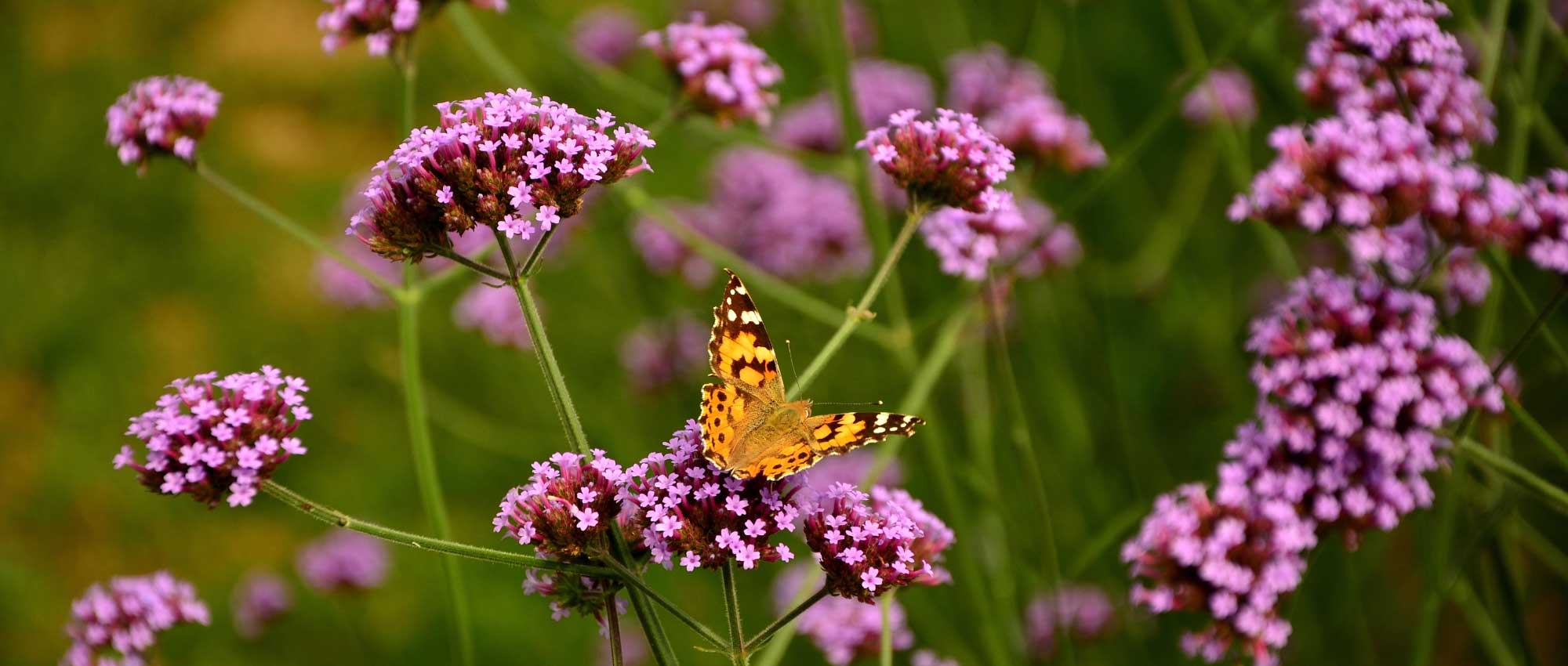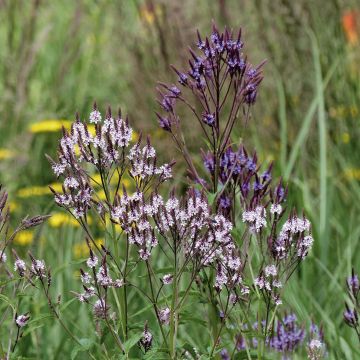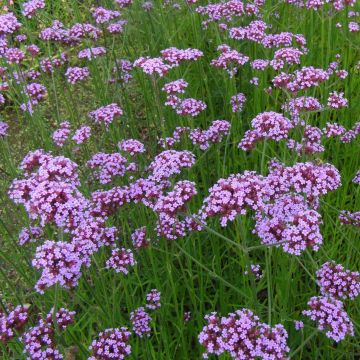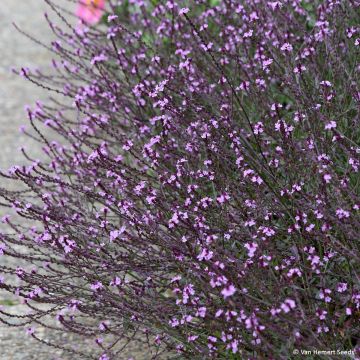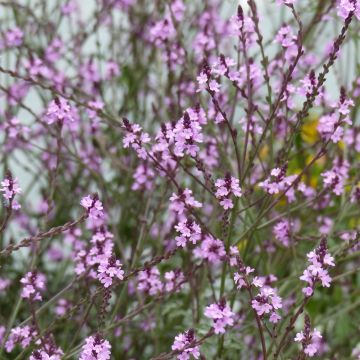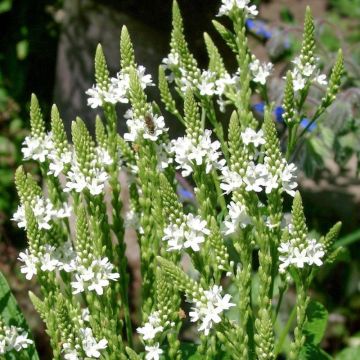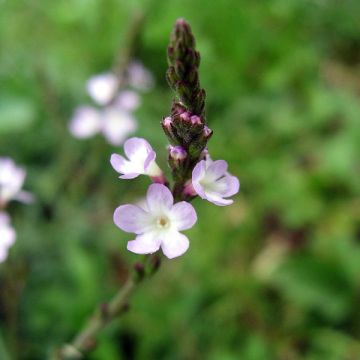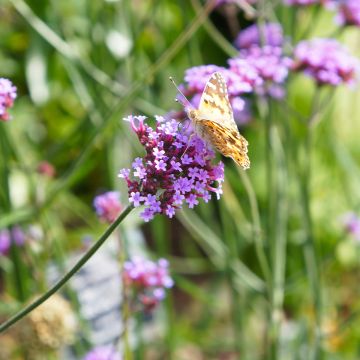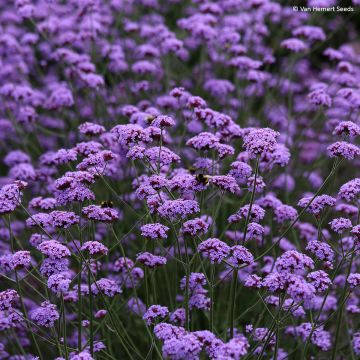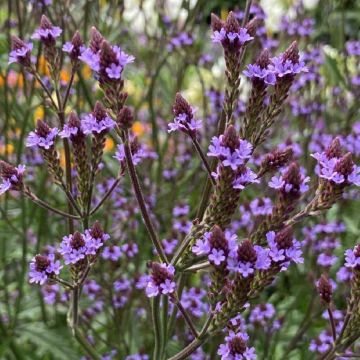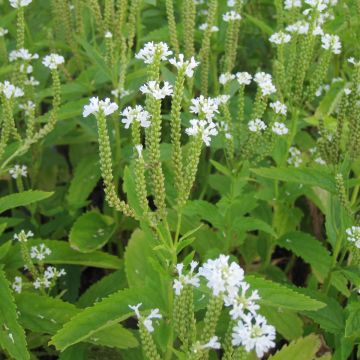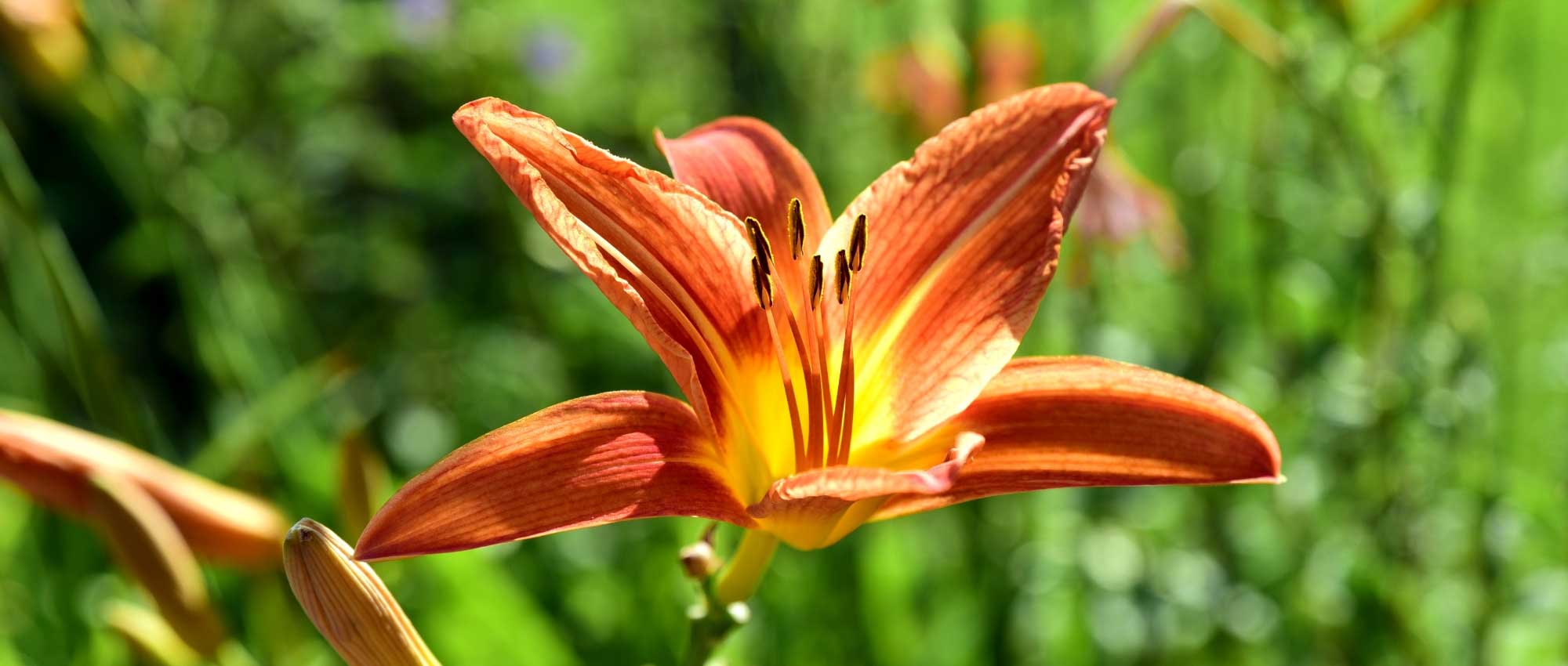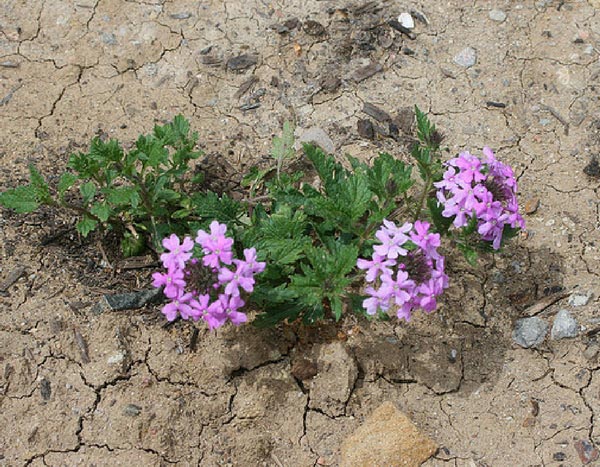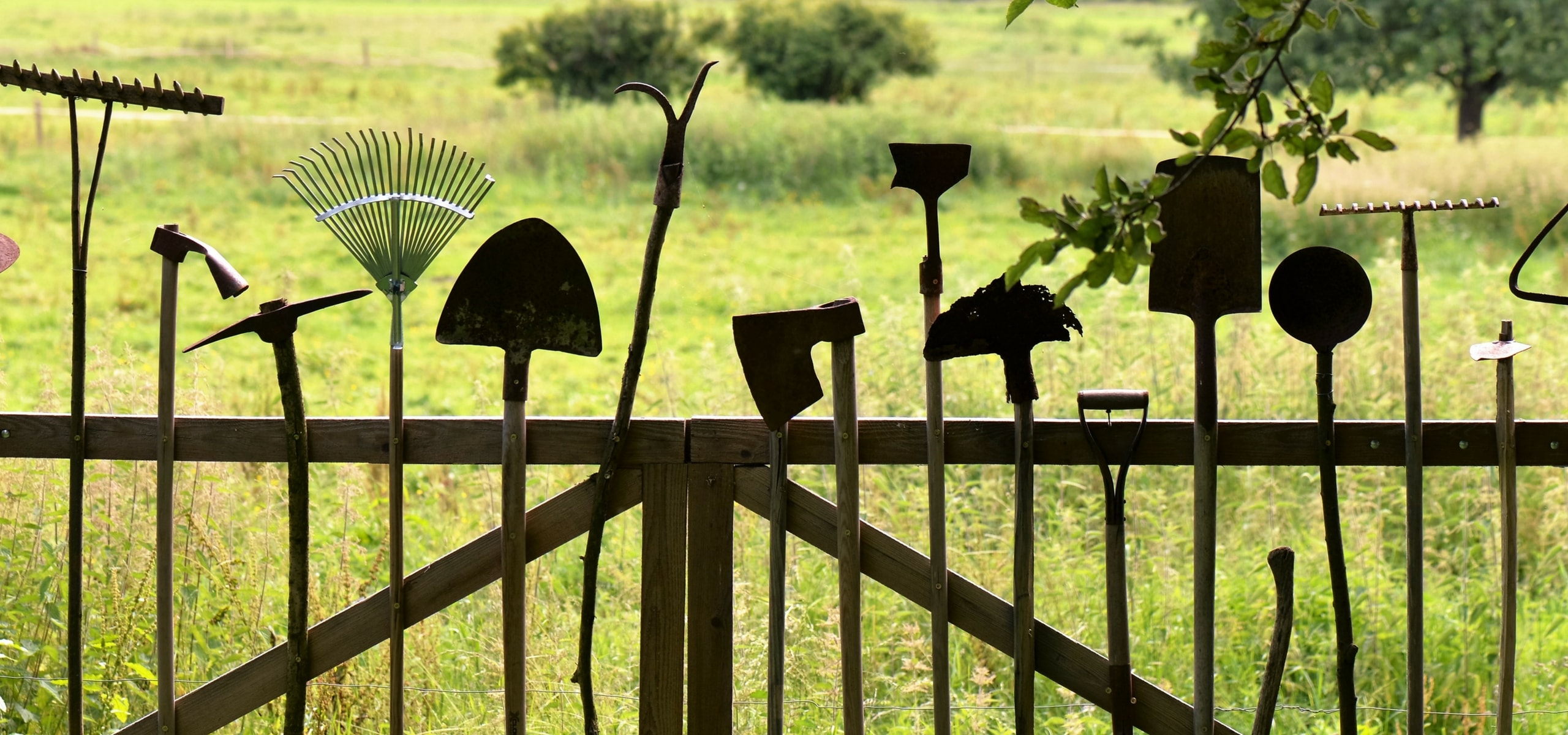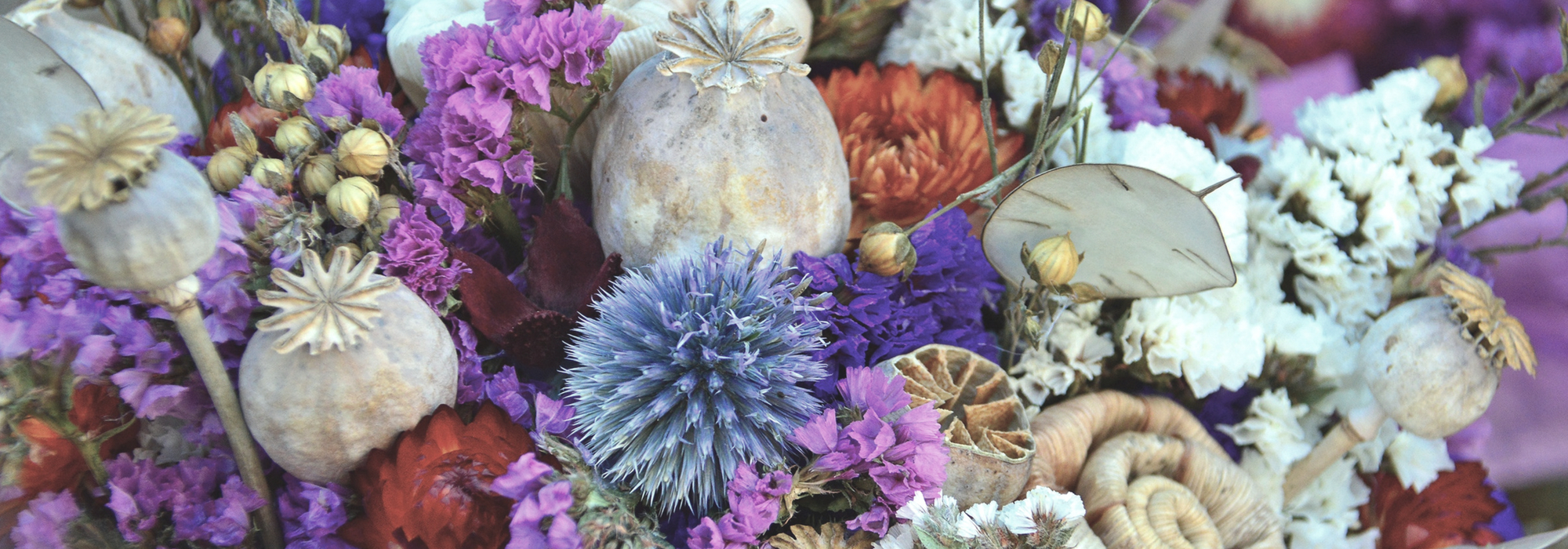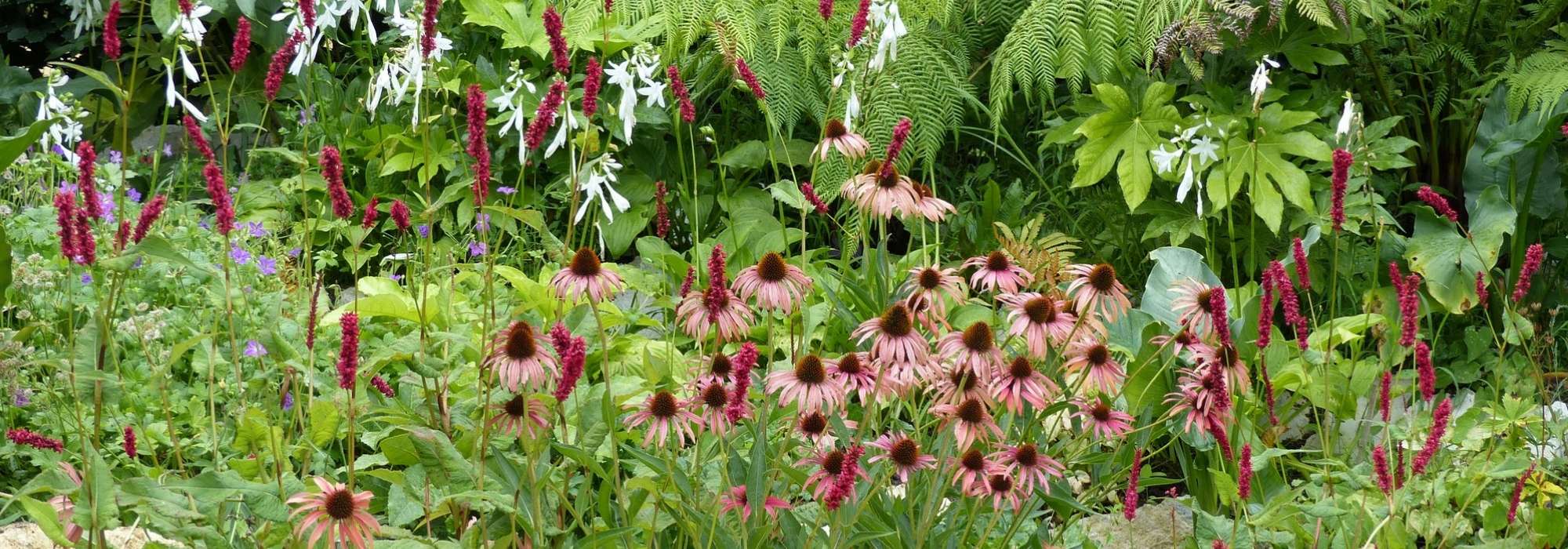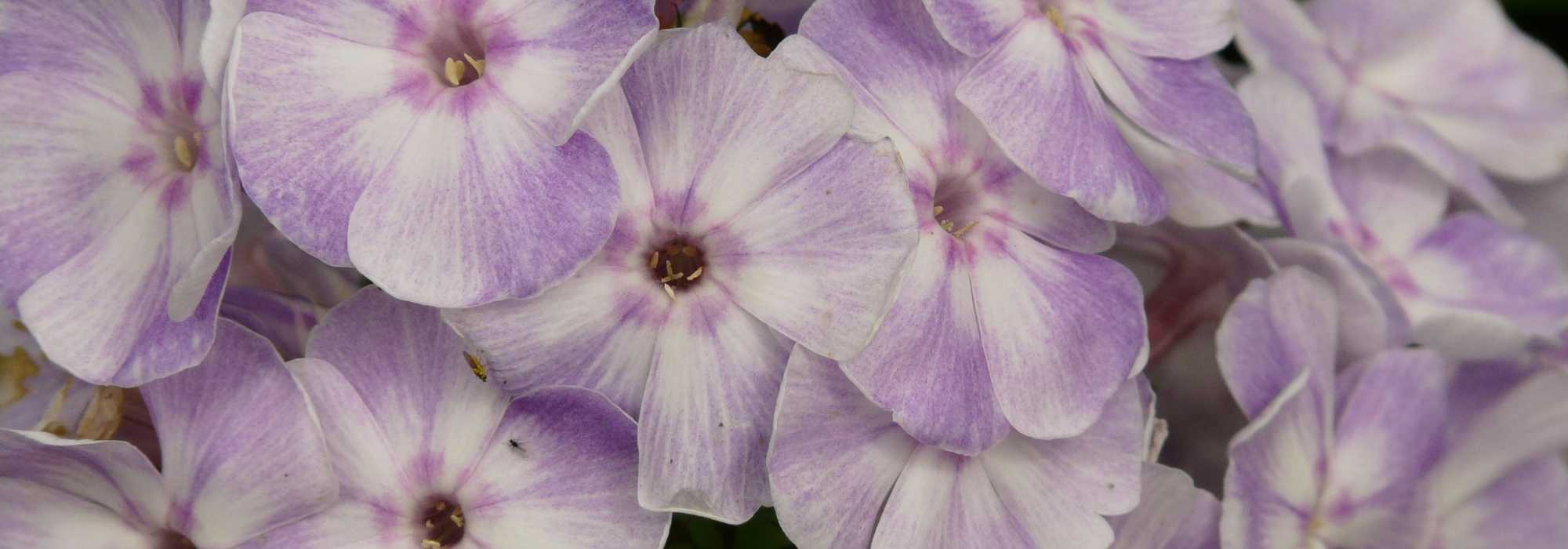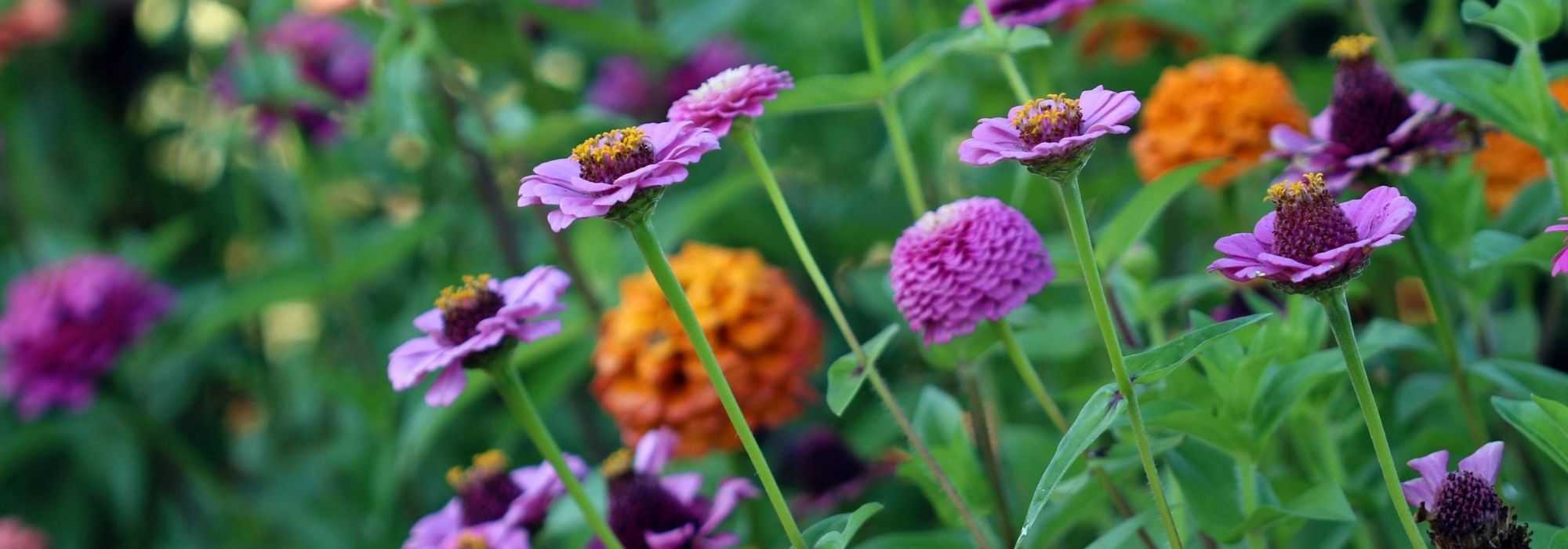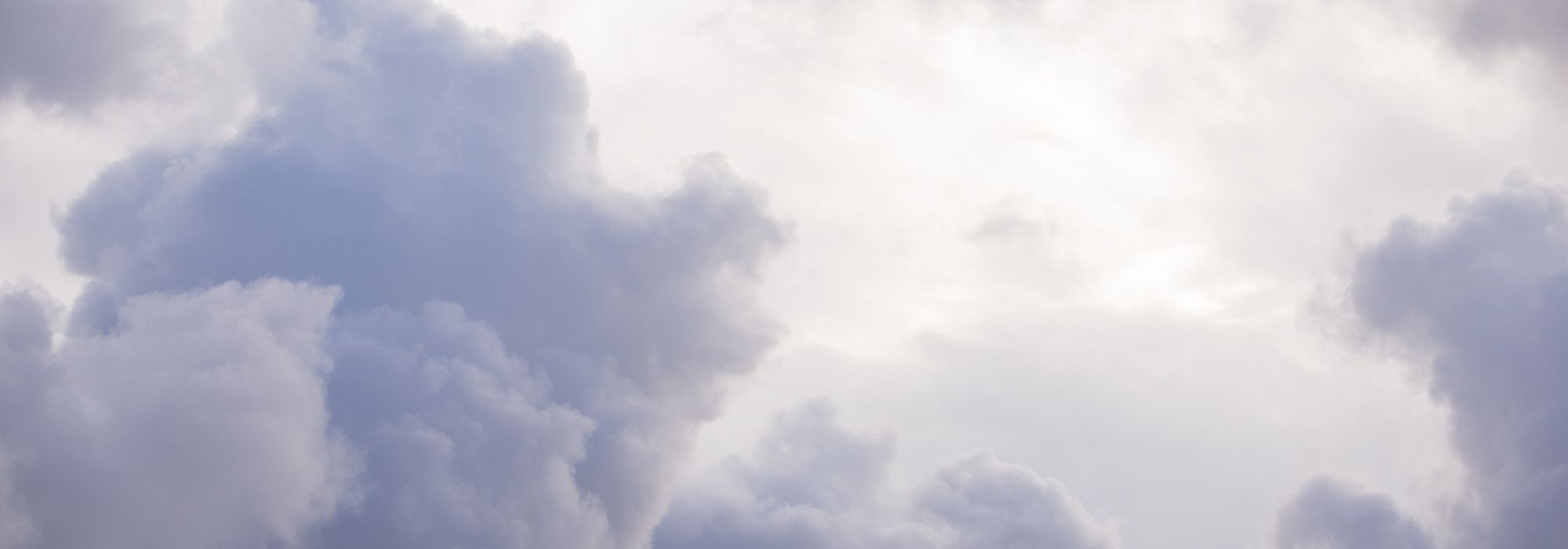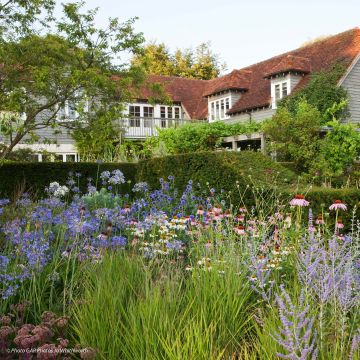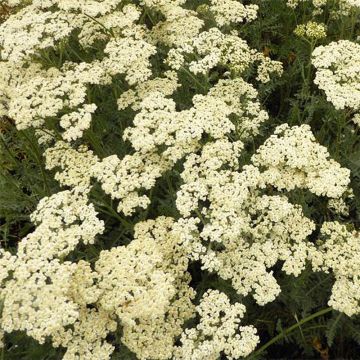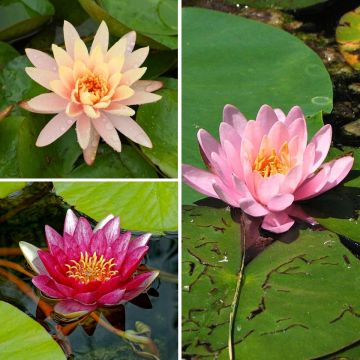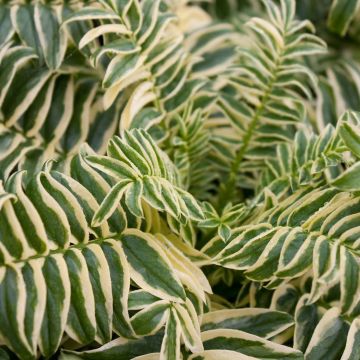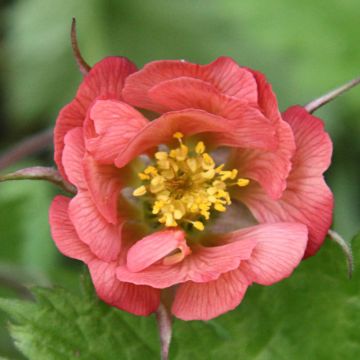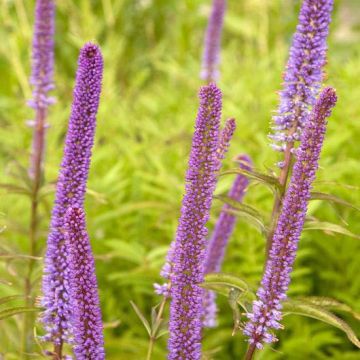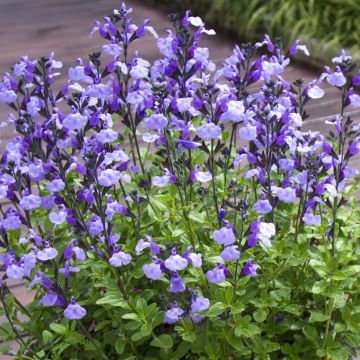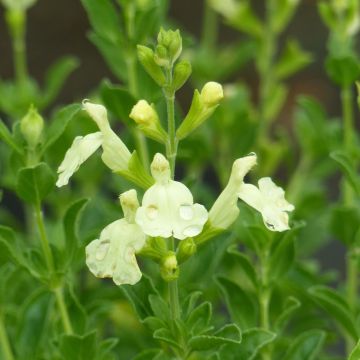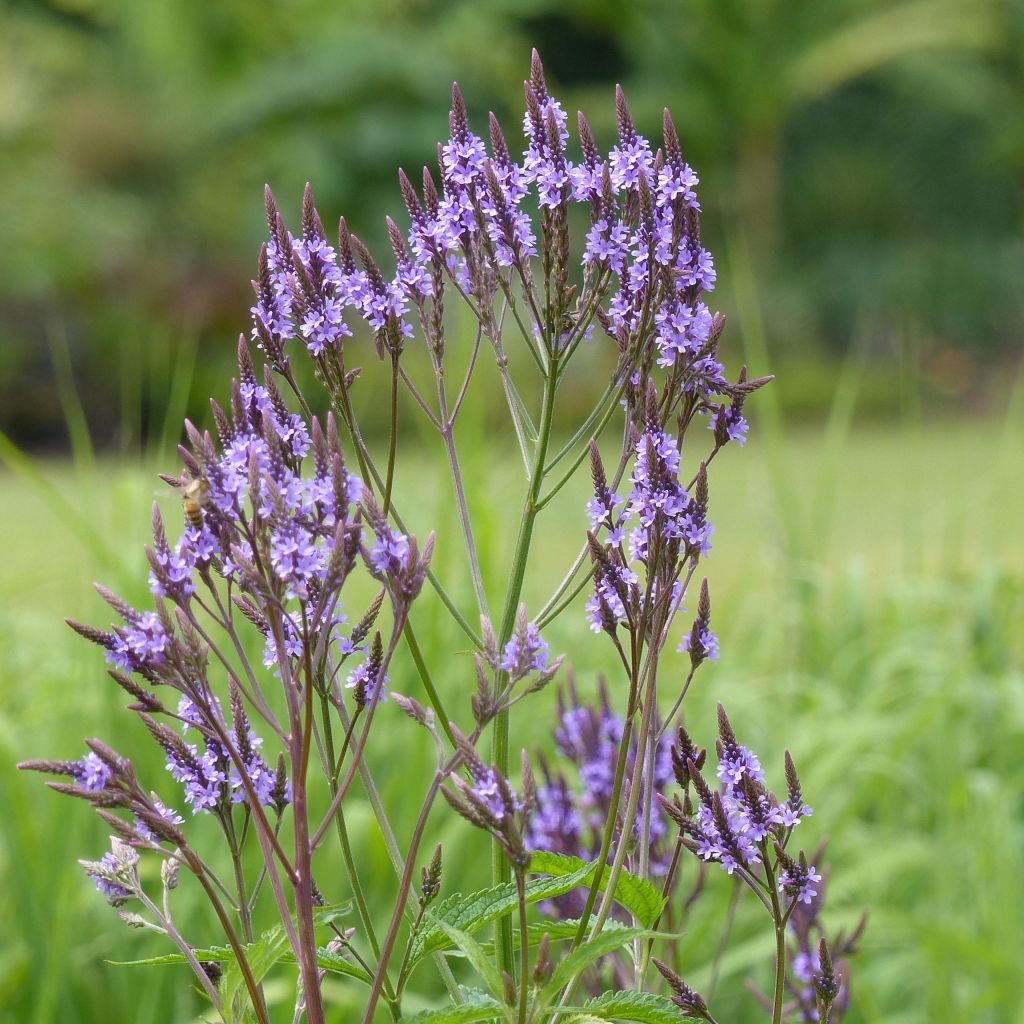

Verbena hastata
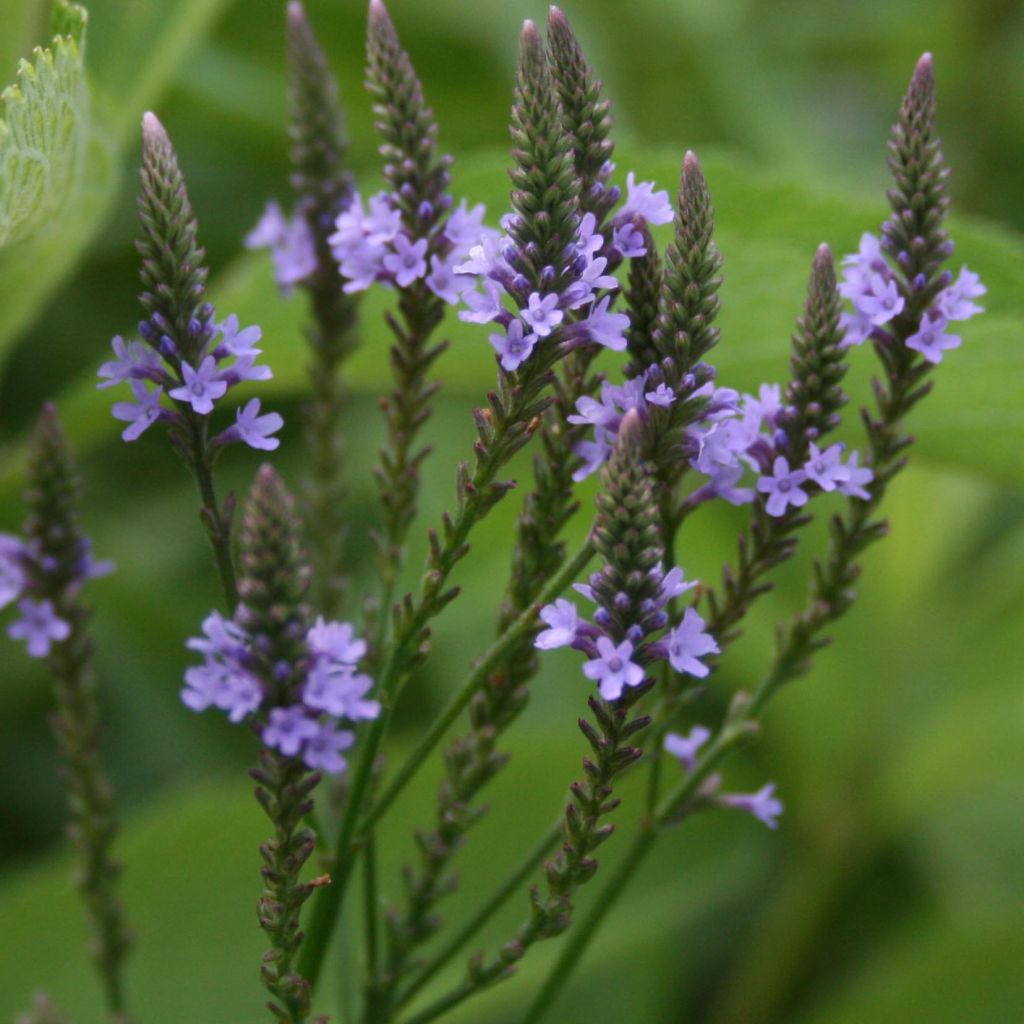

Verbena hastata
Verbena hastata
Verbena hastata
Blue Vervain, Ironweed, Wild Hyssop
The young plant arrived with a root ball so soaked that I doubt - despite immediate repotting into very dry compost meant to absorb the excess water - I doubt this verbena will survive... And indeed, since then it has shown no signs of life; I think it has rotted!
nathalie, 20/11/2025
Special offer!
Receive a €20 voucher for any order over €90 (excluding delivery costs, credit notes, and plastic-free options)!
1- Add your favorite plants to your cart.
2- Once you have reached €90, confirm your order (you can even choose the delivery date!).
3- As soon as your order is shipped, you will receive an email containing your voucher code, valid for 3 months (90 days).
Your voucher is unique and can only be used once, for any order with a minimum value of €20, excluding delivery costs.
Can be combined with other current offers, non-divisible and non-refundable.
Home or relay delivery (depending on size and destination)
Schedule delivery date,
and select date in basket
This plant carries a 12 months recovery warranty
More information
We guarantee the quality of our plants for a full growing cycle, and will replace at our expense any plant that fails to recover under normal climatic and planting conditions.
Does this plant fit my garden?
Set up your Plantfit profile →
Description
Verbena hastata, also known as Blue Vervain, is a large, hardy perennial that should be planted without hesitation. It stands out with its exceptionally long flowering period, upright and finely branched floral spikes densely covered with small purple flowers. Pollinators flock to it from dawn onwards. The foliage is bright green, composed of elongated and toothed leaves. This plant has something enchanting about it, combining abundant flowering, graphic appeal, and ease of cultivation. It thrives anywhere, in any ordinary, well-drained soil, whether moist, damp or occasionally dry, in the sun, and readily self-seeds in the garden.
Native to Canada and the United States, the Blue Vervain belongs to the Verbenaceae family. It colonises damp soils, riverbanks, wet meadows, and floodplains in its natural habitat. Depending on soil moisture, it can reach a height of 60 to 100 cm (24 to 39in), with a width of 50 to 60 cm (20 to 24in). It grows from a fibrous and rhizomatous stump, forming an erect, relatively narrow clump composed of occasionally branched quadrangular stems. The leaves are opposite, 10 to 13 cm (4 to 5in) long, 2.5 cm (1in) wide, lanceolate, veined, coarsely toothed, and bright green. From June to September, the stems branch out at their upper end and give rise to thin, pointed spike inflorescences, 10 to 15 cm (4 to 6in) long, composed of numerous red buds that develop into small purple flowers with five 5 mm (0.2 in) petals, resembling lilac. The buds, flowers, and bracts create a striking and splendid contrast. The flowers open from the bottom to the top. The flowering period is followed by the formation of small, hard, elongated fruits that contain seeds, which easily self-seed. Small colonies of plants, identical to the parent plant, are produced from the rhizomes.
Still relatively underused in our gardens, Verbena hastata is easy to grow, valuable for adding verticality to perennial borders, and delightful in country-style compositions. This plant stands out at the edge of a water feature, in a damp soil, as long as it is planted en masse. In a slightly wild scene, it emerges effortlessly from tousled or well-organized clumps of gauras and grasses (small Miscanthus, Eragrostis, Stipa). Paradoxically, it also performs well in drier soil, although it will remain smaller. Its delicate, highly graphic spikes contrast with the roundness of roses, complement lavender of the same hue, and its purple stems beautifully accompany the grey or silver foliage of Artemisias, the blond or metallic blue culms of Elymus magellanicus, or the rust colour of Carex buchananii. Verbena hastata can also be used to prepare herbal teas. The ancients attributed aphrodisiac properties to it!
Verbena hastata in pictures
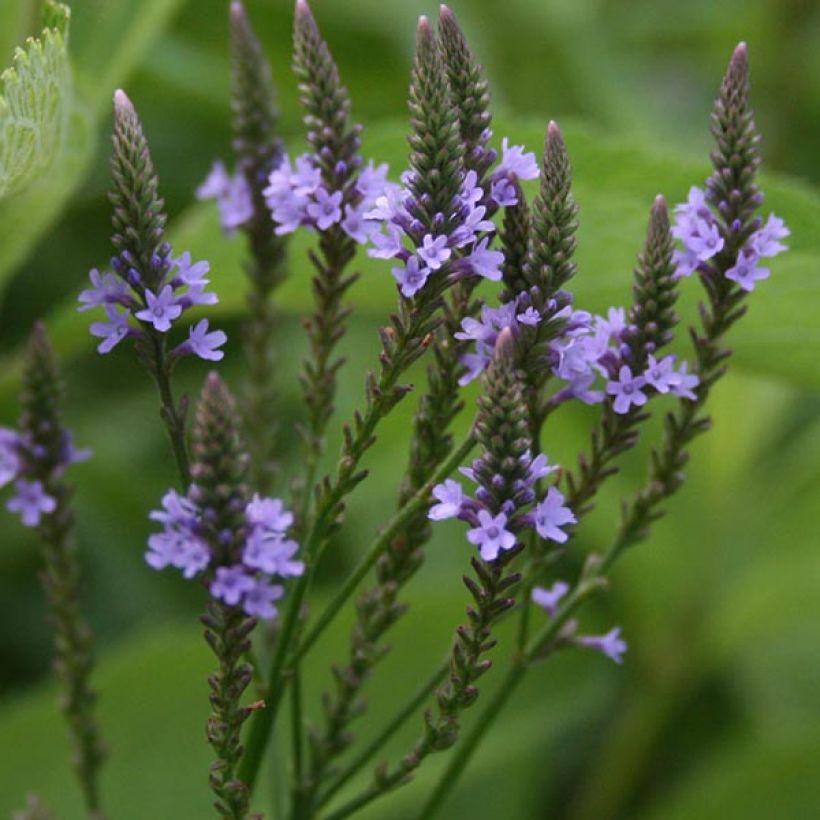

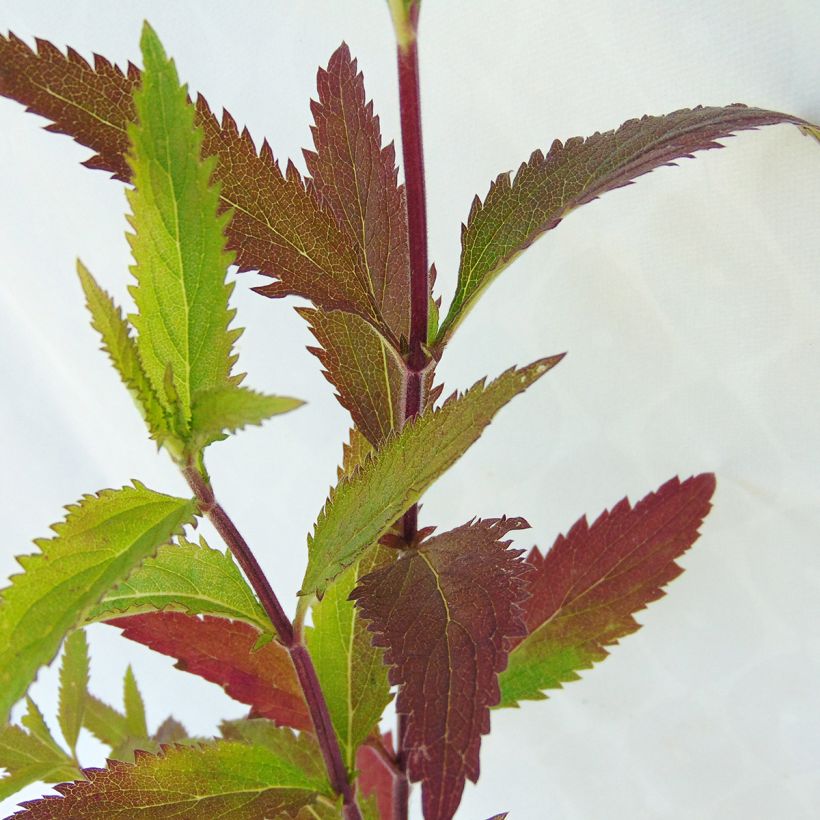

Flowering
Foliage
Plant habit
Botanical data
Verbena
hastata
Verbenaceae
Blue Vervain, Ironweed, Wild Hyssop
Cultivar or hybrid
Other Verbena - Vervain
View all →Planting and care
Plant Verbena hastata in any ordinary soil, even occasionally flooded or dry, neutral, acidic or alkaline, preferably in the sun or in light shade in very hot regions. However, it prefers loamy and fertile soils. Cut off faded flowers to limit self-seeding.
Planting period
Intended location
Care
Planting & care advice
-
, onOrder confirmed
Reply from on Promesse de fleurs
Similar products
Haven't found what you were looking for?
Hardiness is the lowest winter temperature a plant can endure without suffering serious damage or even dying. However, hardiness is affected by location (a sheltered area, such as a patio), protection (winter cover) and soil type (hardiness is improved by well-drained soil).

Photo Sharing Terms & Conditions
In order to encourage gardeners to interact and share their experiences, Promesse de fleurs offers various media enabling content to be uploaded onto its Site - in particular via the ‘Photo sharing’ module.
The User agrees to refrain from:
- Posting any content that is illegal, prejudicial, insulting, racist, inciteful to hatred, revisionist, contrary to public decency, that infringes on privacy or on the privacy rights of third parties, in particular the publicity rights of persons and goods, intellectual property rights, or the right to privacy.
- Submitting content on behalf of a third party;
- Impersonate the identity of a third party and/or publish any personal information about a third party;
In general, the User undertakes to refrain from any unethical behaviour.
All Content (in particular text, comments, files, images, photos, videos, creative works, etc.), which may be subject to property or intellectual property rights, image or other private rights, shall remain the property of the User, subject to the limited rights granted by the terms of the licence granted by Promesse de fleurs as stated below. Users are at liberty to publish or not to publish such Content on the Site, notably via the ‘Photo Sharing’ facility, and accept that this Content shall be made public and freely accessible, notably on the Internet.
Users further acknowledge, undertake to have ,and guarantee that they hold all necessary rights and permissions to publish such material on the Site, in particular with regard to the legislation in force pertaining to any privacy, property, intellectual property, image, or contractual rights, or rights of any other nature. By publishing such Content on the Site, Users acknowledge accepting full liability as publishers of the Content within the meaning of the law, and grant Promesse de fleurs, free of charge, an inclusive, worldwide licence for the said Content for the entire duration of its publication, including all reproduction, representation, up/downloading, displaying, performing, transmission, and storage rights.
Users also grant permission for their name to be linked to the Content and accept that this link may not always be made available.
By engaging in posting material, Users consent to their Content becoming automatically accessible on the Internet, in particular on other sites and/or blogs and/or web pages of the Promesse de fleurs site, including in particular social pages and the Promesse de fleurs catalogue.
Users may secure the removal of entrusted content free of charge by issuing a simple request via our contact form.
The flowering period indicated on our website applies to countries and regions located in USDA zone 8 (France, the United Kingdom, Ireland, the Netherlands, etc.)
It will vary according to where you live:
- In zones 9 to 10 (Italy, Spain, Greece, etc.), flowering will occur about 2 to 4 weeks earlier.
- In zones 6 to 7 (Germany, Poland, Slovenia, and lower mountainous regions), flowering will be delayed by 2 to 3 weeks.
- In zone 5 (Central Europe, Scandinavia), blooming will be delayed by 3 to 5 weeks.
In temperate climates, pruning of spring-flowering shrubs (forsythia, spireas, etc.) should be done just after flowering.
Pruning of summer-flowering shrubs (Indian Lilac, Perovskia, etc.) can be done in winter or spring.
In cold regions as well as with frost-sensitive plants, avoid pruning too early when severe frosts may still occur.
The planting period indicated on our website applies to countries and regions located in USDA zone 8 (France, United Kingdom, Ireland, Netherlands).
It will vary according to where you live:
- In Mediterranean zones (Marseille, Madrid, Milan, etc.), autumn and winter are the best planting periods.
- In continental zones (Strasbourg, Munich, Vienna, etc.), delay planting by 2 to 3 weeks in spring and bring it forward by 2 to 4 weeks in autumn.
- In mountainous regions (the Alps, Pyrenees, Carpathians, etc.), it is best to plant in late spring (May-June) or late summer (August-September).
The harvesting period indicated on our website applies to countries and regions in USDA zone 8 (France, England, Ireland, the Netherlands).
In colder areas (Scandinavia, Poland, Austria...) fruit and vegetable harvests are likely to be delayed by 3-4 weeks.
In warmer areas (Italy, Spain, Greece, etc.), harvesting will probably take place earlier, depending on weather conditions.
The sowing periods indicated on our website apply to countries and regions within USDA Zone 8 (France, UK, Ireland, Netherlands).
In colder areas (Scandinavia, Poland, Austria...), delay any outdoor sowing by 3-4 weeks, or sow under glass.
In warmer climes (Italy, Spain, Greece, etc.), bring outdoor sowing forward by a few weeks.






























